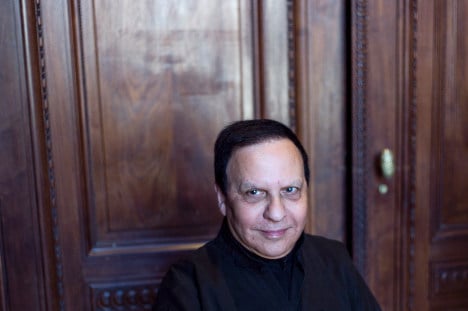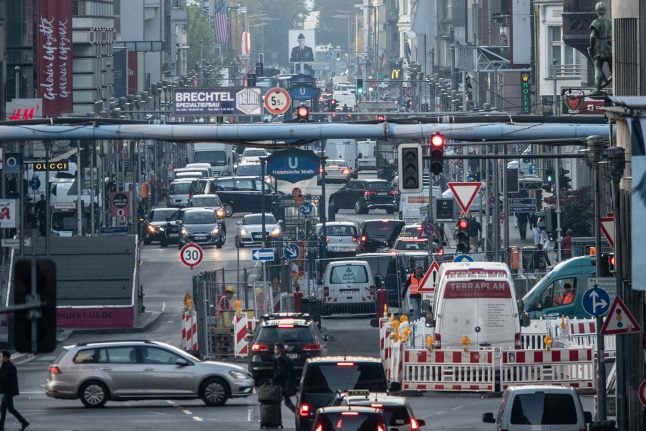Alaia, who rose to fame in the 1980s, refused to march to the beat of international fashion weeks, releasing his collections in his own time with scant concern for publicity.
“We have lost a designer of great talent. It is very sad news,” fellow creator Pierre Cardin told AFP.
Alaia was born to a farming family in Tunisia in 1940 and studied sculpture at the capital's fine arts school before working at a modest neighbourhood dressmaker's shop.
He moved to Paris in the late 1950s, working briefly for Dior and Guy Laroche before eventually going solo, winning a reputation for sexy designs celebrating the female form.
Alaia himself was discreet and invariably clad in a black high-necked Chinese suit.
His catwalk shows were low-key as well, earning a loyal clientele of fashionistas who wanted luxury without showing off.
Former US first lady Michelle Obama was among his haute couture fans but Alaia also produced ready-to-wear collections, while ignoring pressure to systematically refresh his ideas every season.
He signed a development deal with Prada in 2000, but quit seven years later to work with Swiss luxury group Richemont.
Global success did not change Alaia's working habits and he continued throughout his career to work deep into the night, often to the soundtrack of old movies.



 Please whitelist us to continue reading.
Please whitelist us to continue reading.